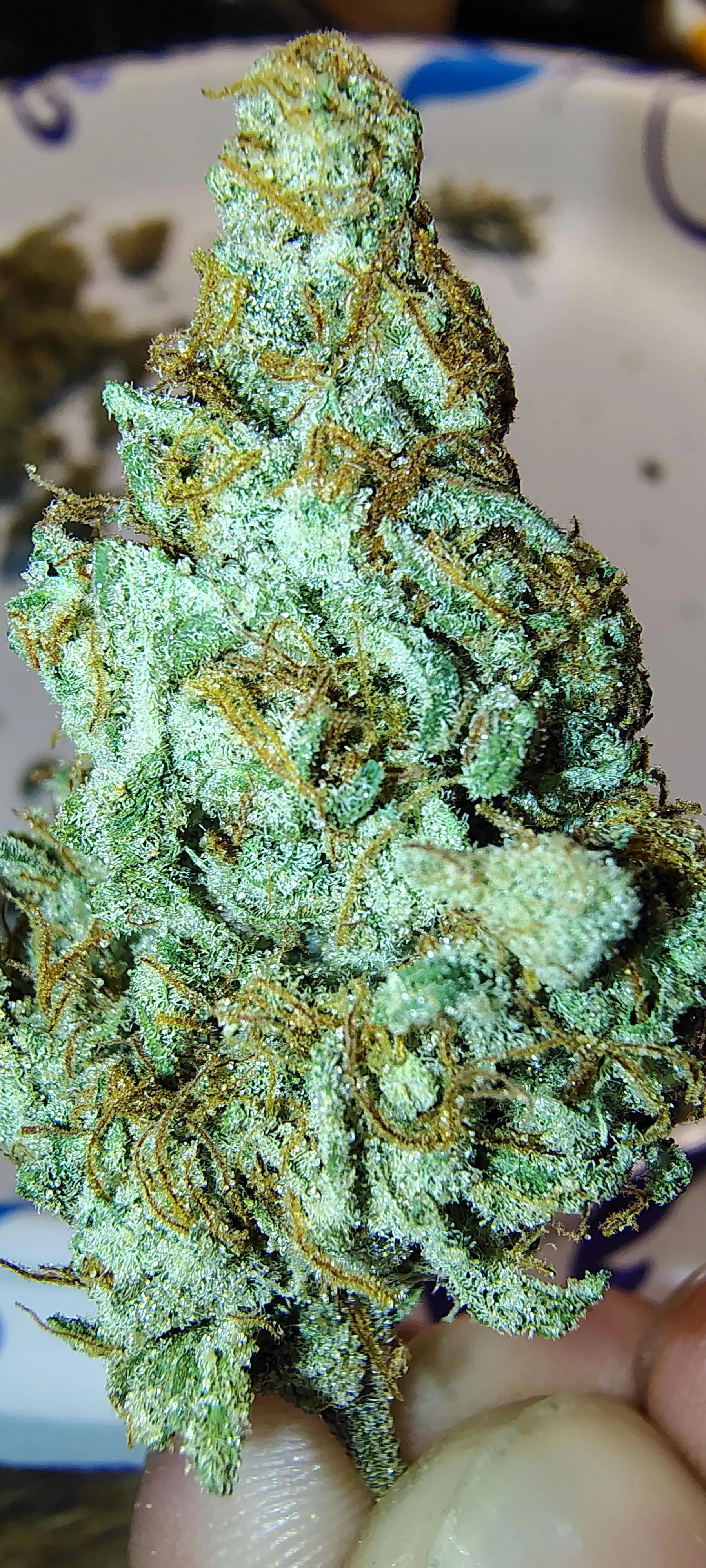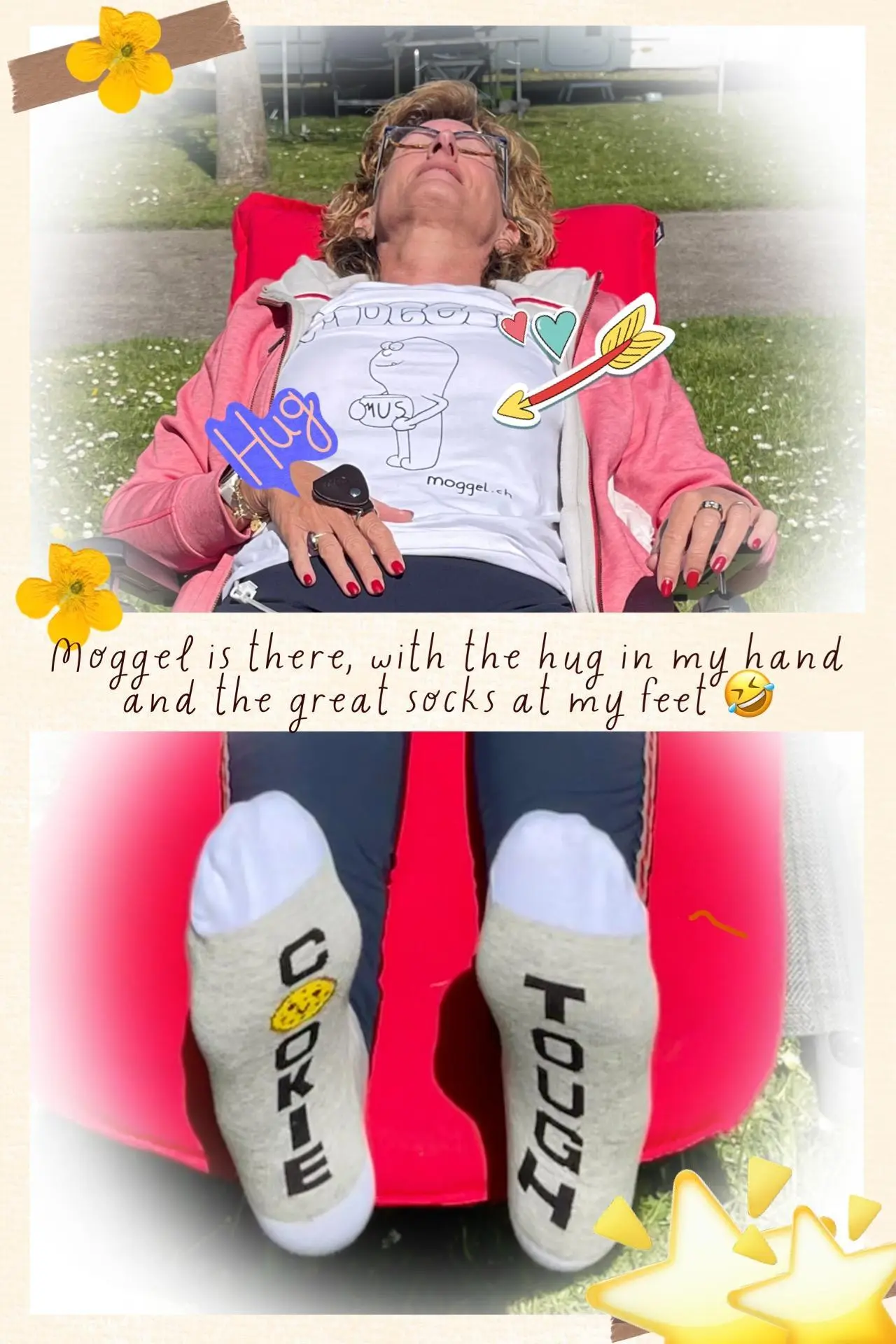Dealing with a frozen shoulder.. Any suggestions?

Men just must take a break now n then..n now n then ..n now ..n now ..n now....n so on..

You want constant deso airdrops, get some @NodeBitsDAO tokens or NFT. I get daily deso airdrops because I hold their token.
NodeBitsDAO Node farm results for March 2025:
1700 $PLI for $46.23
2604 $DATA for $42.60
1000 $MUSIC for $14.77
1550 $PRE for $8.33
0 $KDA for $0.00
138.25 $FLR for $1.86
Total node farm earnings: $113.79
Total node farm costs: $64.02
Traded $49.77 for 6.939205 DeSo. 6.939205 DeSo added to staked balance from NBD core team.
April reward set to 6.939205 DeSo. .6939205 DeSo for NodeBitsDAO NFT holders and 6.2452845 DeSo for NodeBitsDAO toke holders for 0.20817615 DeSo per day in April.
Get in on the DeSo blockchain revolution with Jigglers - the first animated generative mint! Only 500 will be minted and YOU get to name your character. Mint now and receive royalties on the next mints. Cost is just 2 DeSo. jigglers.art/mint.html #NFT #DeSo #Jigglers
💙💙BLUE BELLS 💙💙
My beautiful garden full of inspiration in spring. It comes with 0.05 deso back to the owner 👏🌸💙
@NFTLegacy @Mjlmichael @Exotica_S @ArnoudvanderPlas @SharkGang @@Exotica_S @BKPOWER8 @elSjon @TangledBrush918 @ThisDayInMusicHistory @CreativeG #nft #create
BOOK VIII BLACK AND WHITE
NAME SKETCHES
ART BLUE BELLS
nftz.me/nft/b3d07aad47a877c2e397d7922824b187aced373f7ce2125ea9caa16c307e68ea
What is Love?
Love is a profound experience that plays a crucial role in human existence. It often surfaces as one of the most significant questions people ponder throughout their lives. But what exactly is love, and how can it be defined in a meaningful way?
The Essence of Love
Emotional Connection: At its core, love is about forming deep emotional bonds with others. This connection can manifest in various forms, including romantic love, familial love, and friendship. Each type offers unique feelings and experiences that enrich our lives.
Selflessness and Sacrifice: Love often involves putting the needs of others before one's own. This selflessness can be seen in acts of kindness, support during tough times, and the willingness to make sacrifices for the well-being of loved ones.
Trust and Respect: A healthy loving relationship is built on trust and mutual respect. These elements foster a safe environment where individuals can express themselves openly without fear of judgment or betrayal.
Different Types of Love
Romantic Love: This is often characterized by passion and desire. Romantic love can bring immense joy but also challenges, as it requires effort and communication to thrive.
Familial Love: The bond shared with family members offers a sense of belonging and unconditional support. This type of love is foundational and often shapes an individual's values and beliefs.
Platonic Love: Friendships rooted in platonic love provide companionship and emotional support without romantic or sexual undertones. These relationships can be just as fulfilling and significant.
Self-Love: Recognizing one's worth and taking care of oneself is essential for overall well-being. Self-love lays the groundwork for healthy relationships with others.
How to Cultivate Love
Communication: Open and honest communication is key to expressing feelings and resolving conflicts. Regularly checking in with loved ones about their needs and feelings fosters deeper connections.
Quality Time: Spending meaningful time together strengthens bonds. Engaging in shared activities or simply enjoying each other’s company can enhance emotional connections.
Acts of Kindness: Small gestures, like leaving a note or helping with tasks, can show love in everyday life. These acts reinforce the idea that love is present in both grand gestures and simple moments.
Emotional Support: Being there for someone during tough times is a powerful way to demonstrate love. Listening and validating their feelings fosters trust and intimacy.
You may also be interested in reading:
Recognizing and Dealing with Emotional Blackmail in Relationships
focus.xyz/post/ceaaec479af498f8e02ec38dd96dfb61ba2eeda14630e7891aa02d59e38e9dd8

Recognizing and Dealing with Emotional Blackmail in Relationships
Emotional blackmail in relationships is a form of manipulation where one partner uses intimidation, guilt, and victimization to control the other. This behavior can lead to isolation, intimidation, and significant harm to well-being. Understanding the signs of emotional blackmail and knowing how to address it can empower individuals to reclaim their autonomy and foster healthier relationships.
What is Emotional Blackmail?
Emotional blackmail is a powerful form of manipulation defined by therapist Susan Forward in 1997. It involves a partner threatening to punish the other if they do not comply with their demands. This coercion often manifests in various tactics that exploit vulnerabilities and fears, making it essential to recognize the signs.
Signs of Emotional Blackmail
- Passive-Aggressive Behavior: This occurs when negative feelings are expressed indirectly. The individual may claim they are not upset while exhibiting behavior that suggests otherwise. For example, a partner might turn up the radio in a car to uncomfortable levels despite claiming they’re not angry.
- Guilt-Tripping: Projections of false guilt are common. A partner may express remorse for their actions to elicit an apology or compliance from the other person, often using phrases like, “You should understand how I feel.”
- Intimidation: This tactic involves threatening behavior that instills fear. For instance, one partner may threaten to withhold affection or resort to aggressive actions if the other considers leaving the relationship.
- Broken Promises: Frequent promises to change behavior without follow-through can be a red flag. A partner may insist they will be different if given another chance, but such changes rarely materialize, leading to a cycle of disappointment.
- Manipulating Emotions: Emotional manipulators often play on their partner’s feelings, suggesting that if they truly loved them, they would comply with their requests.
- Isolation: Withdrawing a partner from friends and family is a tactic used to create dependency. Statements like, “You’d rather be with them than with me,” are used to cultivate feelings of guilt.
- Gaslighting: This involves making a partner question their perceptions and memories. For example, if one partner is consistently late and the other expresses frustration, the late partner might respond with, “You’re overreacting; I told you I’d be late.”
- Undermining Self-Esteem: Regular comparisons to past partners or negative comments about appearance can diminish self-worth and create emotional dependency.
- Suicidal Threats: While not all threats of self-harm indicate manipulation, frequent threats during conflicts can be a means of control.
Strategies to Address Emotional Blackmail
- Set Boundaries: Clearly express what behaviors are unacceptable. Establishing boundaries helps create a balanced relationship.
- Practice Assertive Communication: Engage in open dialogue about feelings without resorting to aggression. Address issues calmly and without allowing grievances to accumulate.
- Build Self-Esteem: Recognize personal worth and achievements. Strengthening self-confidence makes it harder for criticism to damage self-image.
- Seek Professional Help: Therapy can provide tools for managing emotions and navigating conflicts constructively. Support from friends and family can also be invaluable.
- Prioritize Well-Being: A healthy relationship should foster love and respect. If the relationship becomes detrimental to mental health, stepping back may be necessary.

"Two views of the Venus of Hohle Fels figurine, which may have been worn as an amulet, and is the earliest known, undisputed example of a depiction of a human being
Material: Mammoth ivory
Height: 6 cm
Created: 41,000 years ago"

Shark Gang #0714